In 2002, President George W. Bush signed a bill into law that gave the U.S. president the power to invade the Netherlands — or anywhere else on earth — in order to liberate an American citizen or citizen of a U.S. ally being detained for war crimes at the International Criminal Court, based in the Dutch city of The Hague.
While no president has yet made good on this military threat, it serves as shorthand for the U.S. relationship to the international institution of justice. (President Joe Biden, then a senator, opposed the amendment authorizing a Hague invasion before ultimately voting for the bill.)
The law was meant to fend off the specter of American troops standing trial for atrocities committed during the fledgling “war on terror,” but the U.S. horror of The Hague has its roots in the longstanding policy of unconditional support for Israel.
That same year Bush and his Israeli counterpart, Ariel Sharon, withdrew the U.S. and Israeli signatures from the Rome Statute, the treaty that formed the ICC. U.S.-Israel opposition to any attempt by the court to hold Israel accountable for possible international law violations has been ironclad ever since.
The ICC issued arrest warrants for Israeli Prime Minister Benjamin Netanyahu and former Minister of Defense Yoav Gallant on Thursday, alleging that the leaders intentionally blocked humanitarian aid from entering Gaza in order to target Palestinian civilians and targeted civilians with military strikes on Gaza. They also issued a warrant for Hamas leader Muhammad Deif, while also rescinding warrants for Ismail Haniyeh and Yahya Sinwar, two Hamas leaders killed by Israel. Israel has also claimed to have killed Deif.
The warrants, issued by a panel of three judges, require the 124 member nations of the Rome Statute to arrest Netanyahu and Gallant and turn them over to Hague officials for trial the moment that either wanted man steps onto their soil. The ranks of member nations includes many U.S. allies, such as Germany, France, the United Kingdom, and Canada, along with most of the rest of the world.
Although the Biden administration has yet to comment on the arrest warrants, when ICC Prosecutor Karim Khan first applied for warrants in May, the president called the idea “outrageous.”
“Whatever this prosecutor might imply, there is no equivalence — none — between Israel and Hamas,” Biden continued during a White House event to celebrate Jewish Heritage Month. “We will always stand with Israel against threats to its security.”
Biden has kept his word in the months since, continuing to send arms to Israel and vote down all international measures that criticize Israeli conduct — or even call for a ceasefire — in the United Nations. In September, the United States voted against a U.N. resolution that called for the end of Israel’s occupation of Palestinian territories in the West Bank, East Jerusalem, and Gaza, with 124 of the 181 U.N. General Assembly nations voting in favor of the measure.
On Wednesday, the Biden administration vetoed yet another ceasefire resolution in the U.N. Security Council — the fourth such resolution it has voted down. U.S. Ambassador to the U.N. Robert Woods claimed that the resolution did not include calls for an immediate release of hostages taken by Hamas on October 7, despite the fact that the document called for an unconditional release of the hostages. Among the 15 nations on the council, the U.S. was the lone dissenting vote.
“I think we’re heading for a significant showdown on international law between the United States and the rest of the world,” said Michael Lynk, an international law expert who served as the U.N.’s special rapporteur on the situation of human rights in the occupied Palestinian territories. “I think this is going to open up an even wider breach between the U.S. on the one hand, in international law, and most of the rest of the world on the other.”
“I think we’re heading for a significant showdown on international law between the United States and the rest of the world.”The ICC arrest warrants place U.S. and Israel allies in an awkward position: maintain U.S. partnership or respect its obligations to The Hague and international law. So far, Canada’s Prime Minister Justin Trudeau said his government would “stand up for international law” and “abide by all the regulations and rulings of the international courts.” France and the U.K. have expressed similar support, but Germany, which also provides military aid to Israel, has yet to issue any official statement on how it plans to respond.
Russian President Vladimir Putin, who also faces an ICC arrest warrant, has had to alter his travel plans to avoid arrest. In September, however, he was able to travel to and from Mongolia, a Rome Statute signatory, without incident.
In addition to the ICC warrants, next September is the expiration of the U.N. deadline for Israel to cease its occupation of West Bank and East Jerusalem. Also, the U.N.’s top court, the International Court of Justice, is continuing to oversee the genocide trial South Africa has brought against Israel, but that process will likely take several more years.
“This alliance the United States has with Israel has really stained the image of the United States to the rest of the world,” said Lynk. He celebrated the ICC’s warrant announcement and said the measure is a rare form of accountability missing from the international community amid Israel’s war on Gaza and its occupation of Palestinian territories since 1967.
“There has been virtually no red line drawn for Israel that it hasn’t crossed and that it understands in crossing all these lines, the international community doesn’t have the political will to demand accountability and the end of impunity,” he said.
But Lynk noted that such lack of accountability to Israel is longstanding. He said that among the reasons the U.S. opposed the Rome Statute and formation of The Hague’s criminal court had been concerned that the court’s statutes criminalize Israel’s settlements on Palestinian land in the West Bank. Israel also cited the statute, which outlaws the forcible movement of civilian populations by an occupying military power, as among its reasons for opposing the treaty.
Since then, the U.S. has opposed other investigations into alleged Israeli atrocities, as well as the court’s attempts to hold American military members accountable for alleged war crimes in Afghanistan. The Trump administration also sanctioned the ICC officials involved in past investigations into Israeli conduct, freezing their assets and banning their travel to the U.S. Biden overturned the measure but has continued to voice his support of Israel in the face of further ICC pressure. In June, a Republican-led House bill, supported by 42 Democrats, called for a new round of sanctions on the ICC.
While condemning the court’s due process when applied to Israel, the U.S. has cheered on some of the court’s other actions, including the ICC’s issuing of arrest warrants for Russian officials, including Russian President Vladimir Putin, over atrocities committed in its war in Ukraine.
“We either hate this institution, or we’ll cooperate on cases we like,” said Jennifer Trahan, an international law and human rights professor at New York University. “Initially Biden called these warrants ‘outrageous’ — but it’s the same institution that has issued warrants against Russian nationals and received praise for doing so. Ultimately you don’t want to have politics involved in a judicial institution — it should be allowed to do its work.”
She also referenced the U.S. support for other ICC investigations, such as the 2012 case against Ugandan rebel leader Joseph Kony, founder of the Lord’s Resistance Army. Biden’s State Department in 2021 put out a $5 million reward for information that leads to finding Kony, who remains a fugitive. The Obama administration also threw its support behind the ICC case against al-Bashir, the first sitting head of state to be indicted by the court.
“Keep in mind, this is the first time that arrest warrants from the International Criminal Court have been issued against any ally of the West — they’ve almost exclusively been in Africa,” Lynk said.
While human rights groups also praised the ICC warrants, some wondered whether Biden himself would be held accountable for complicity in Israel’s genocidal war in Gaza. The Biden administration has given more than $20 billion in military aid to Israel, fueling its military aggression in Gaza, where more than 44,000 Palestinians have been killed, more than half of which are women and children, and more than 3,500 in Lebanon. And last week, the State Department said it would continue to arm Israel, even after the country failed to meet most of the administration’s demands to improve the flow of humanitarian aid into Gaza.
There is legal precedent for similar cases against arms suppliers, such as the case of Frans van Anraat, a Dutch businessman who was convicted by The Hague in 2005 for complicity in war crimes due to his role in selling materials to Saddam Hussein’s government, which were used to create chemical weapons.
Lynk said that both the ICJ and ICC have legal standing to pursue a case against U.S. officials for aiding Israel’s atrocities, but due to limited judicial resources, such charges would be unlikely.
Update: November 22, 2024
This story has been updated with more information on President Biden’s support for the 2002 law that gave the U.S. president the power to use military force to retrieve U.S. citizens or allied citizens detained by the International Criminal Court. Biden did vote for the law as part of a larger appropriations bill, but had earlier opposed the amendment that added those specific powers to the bill.

 German (DE)
German (DE)  English (US)
English (US)  Spanish (ES)
Spanish (ES)  French (FR)
French (FR)  Hindi (IN)
Hindi (IN)  Italian (IT)
Italian (IT)  Portuguese (BR)
Portuguese (BR)  Russian (RU)
Russian (RU) 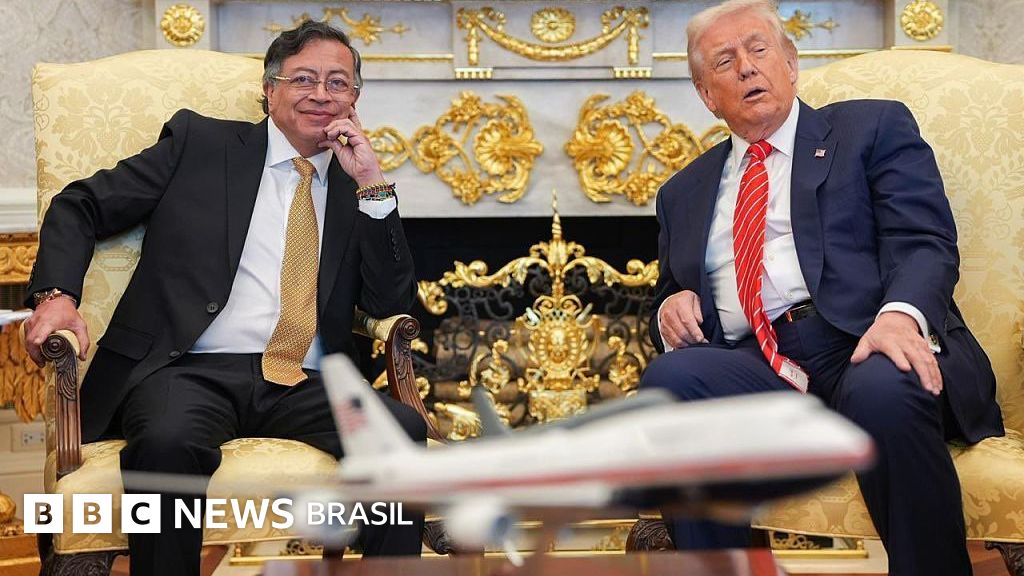
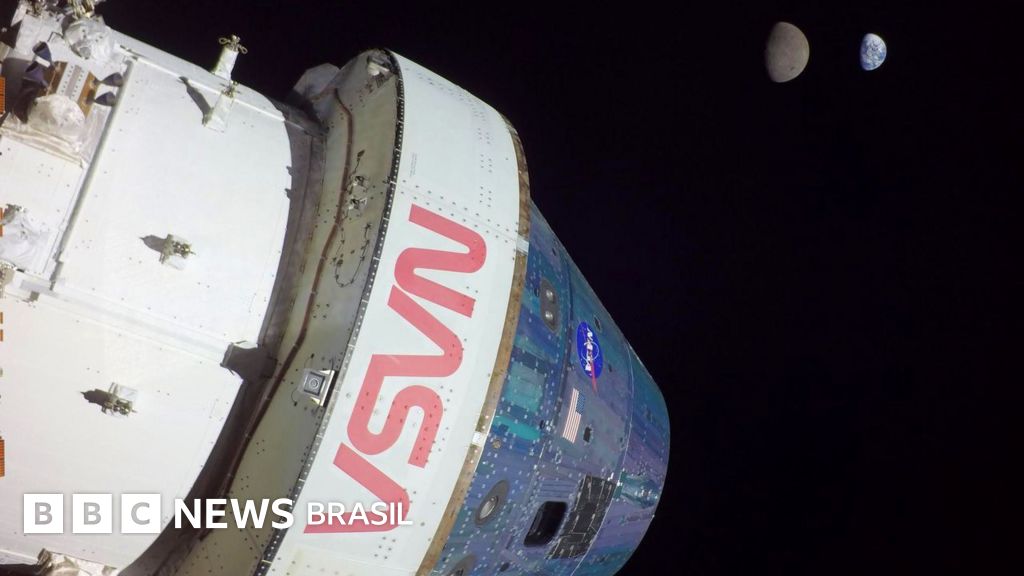
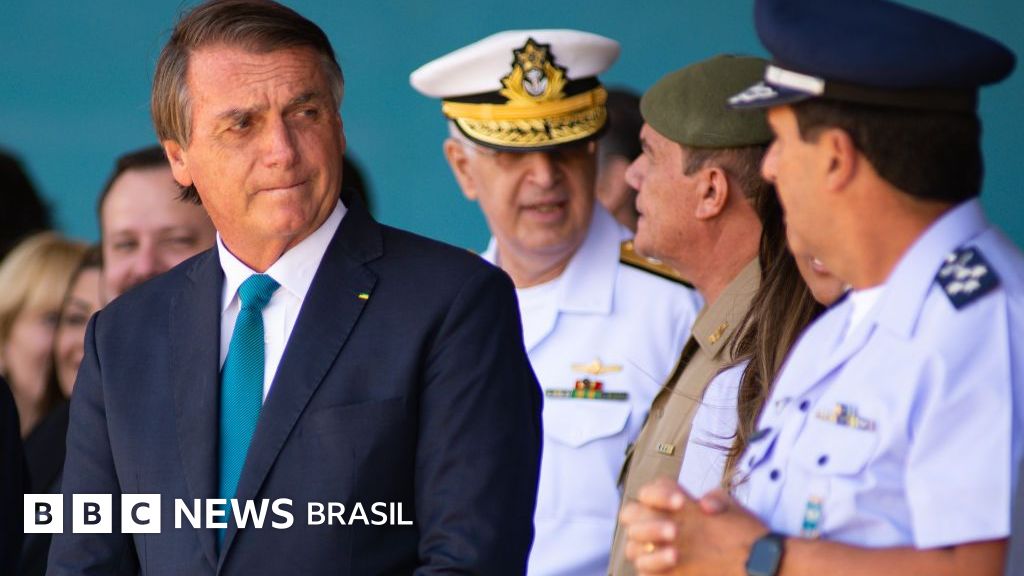
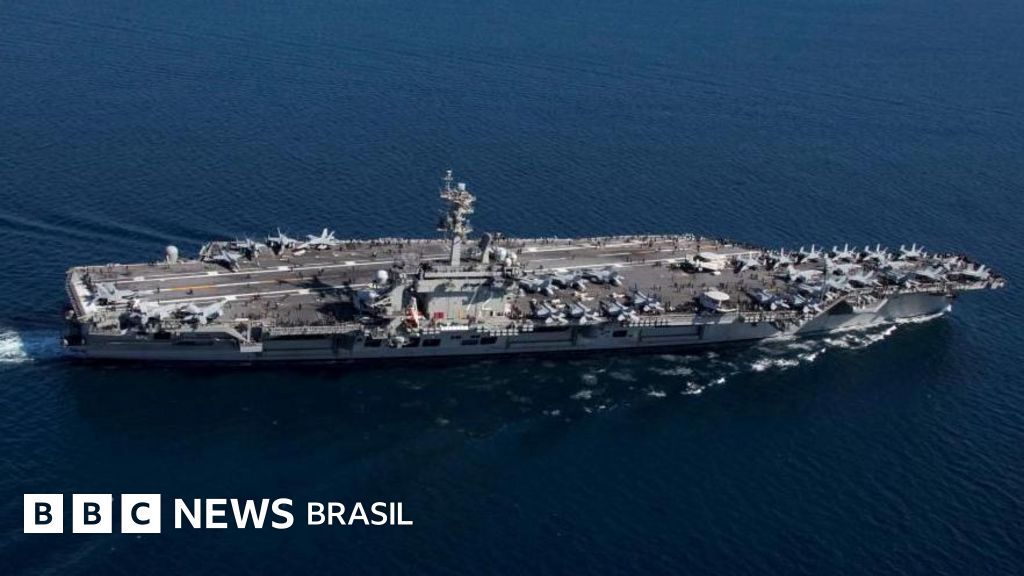


:strip_icc()/i.s3.glbimg.com/v1/AUTH_59edd422c0c84a879bd37670ae4f538a/internal_photos/bs/2023/l/g/UvNZinRh2puy1SCdeg8w/cb1b14f2-970b-4f5c-a175-75a6c34ef729.jpg)


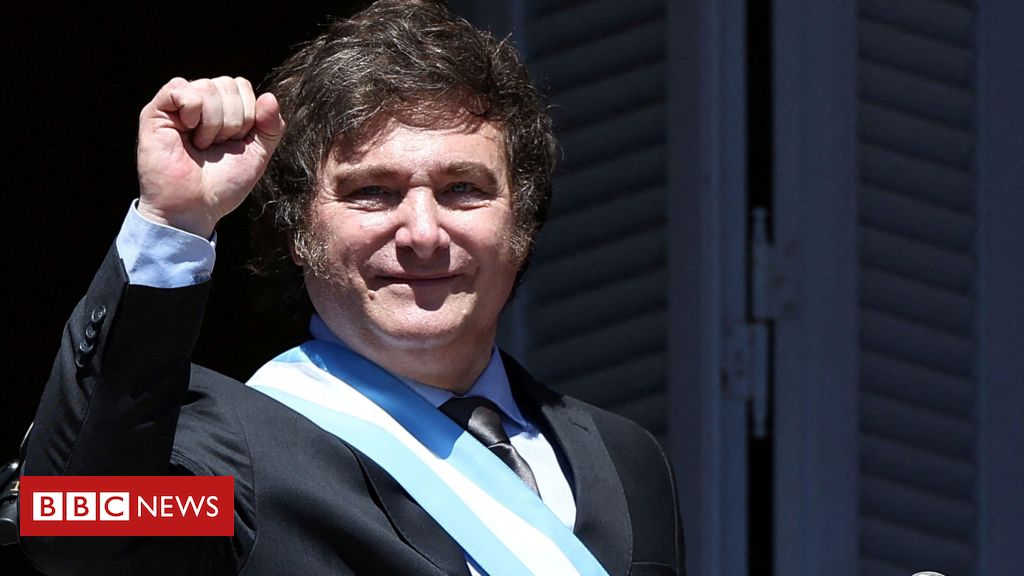
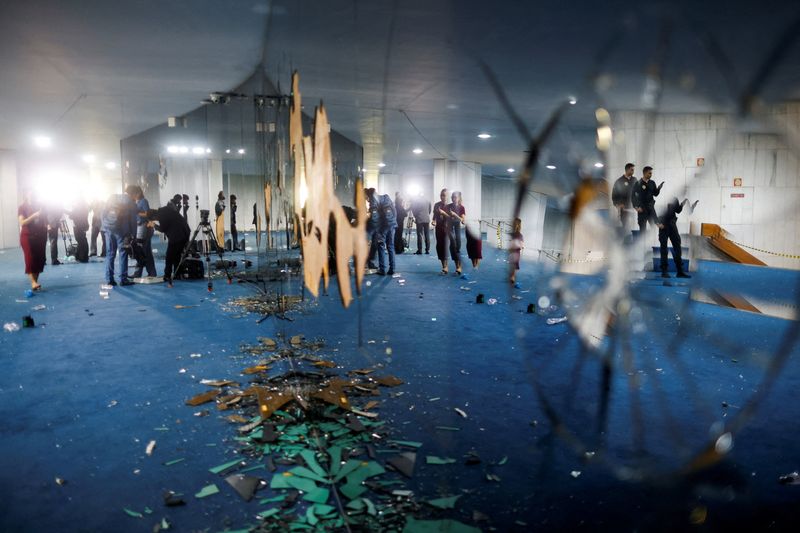


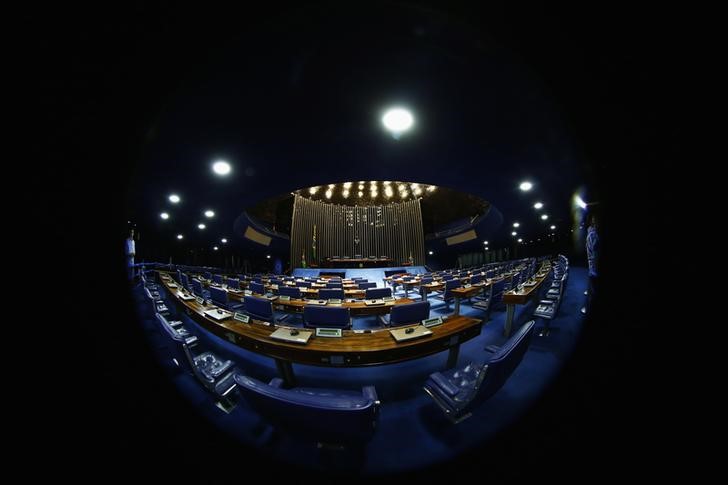
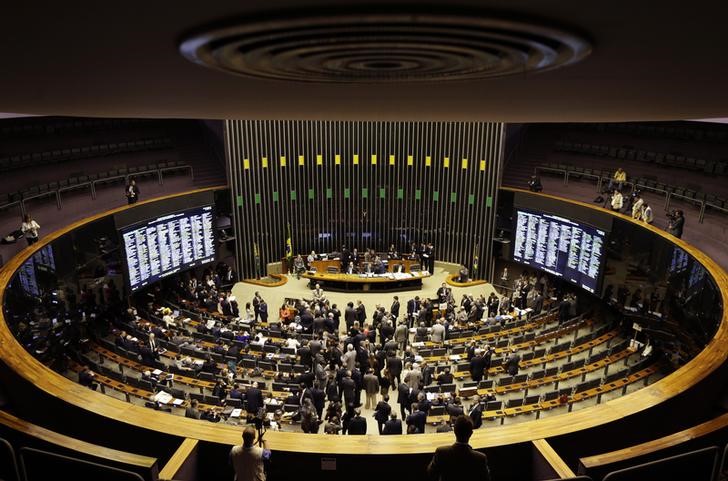


Comentários
Aproveite ao máximo as notícias fazendo login
Entrar Registro